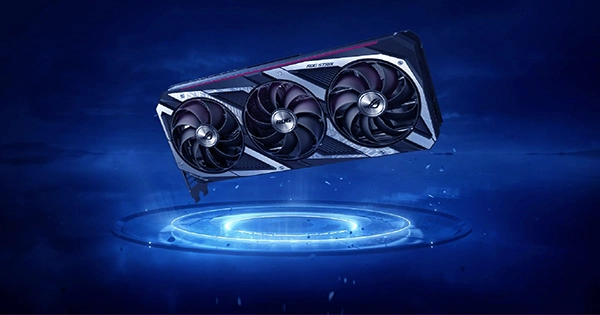With the debut of the GeForce RTX 3050 for desktops, you can now add another set of Nvidia-based graphics cards to the list of graphics cards you will not be able to buy anytime soon. Starting at $249, the budget-friendly card will have 8GB of GDDR6 memory and claims to be able to run the newest games at over 60 frames per second in 1440p resolution with ray tracing enabled, if Nvidia and its partners can make enough to keep prices from rising.
It will have third-generation Tensor cores to enable Nvidia’s DLSS for smart upscaling and AI workloads, as well as second-generation RT cores for ray tracing, just like its more powerful brothers in the company’s 30-series. According to the Nvidia, 75% of gamers are still using GTX GPUs, making the RTX 3050 an appealing upgrade for many. The 2016 GTX 1050, for example, is no longer capable of running current games at 60 frames per second, and even the GTX 1650 struggles to do so. On January 27, cards based on the new chip will be available.

In addition to these low-cost processors, the Nvidia revealed an RTX 3090 Ti, which appears to be a monster GPU, but did not provide any specifics about it. More information will be available later this month. The Nvidia also launched the GeForce RTX 3080 Ti laptop GPU today for laptop gamers and producers, which claims to outperform a desktop Titan RTX computer.
Laptops featuring this CPU will start at $2,499 and go up from there. On a more budget-friendly note, the new GeForce RTX 3070 Ti GPU for laptops will be available starting at $1,499 and will provide 70% higher performance at 1440p resolution than the 2070 Super laptops. And it’s worth mentioning that the Nvidia is now pushing 1440p for e-sports games, with a new category of gaming monitors capable of up to 360 frames per second at 1440p, starting with Asus’ new 360 fps display and 300 fps support on a series of new displays from AOC, MSI, and ViewSonic.
















